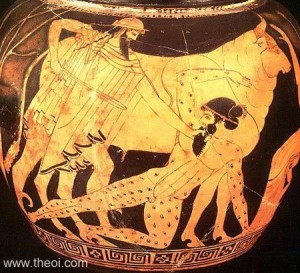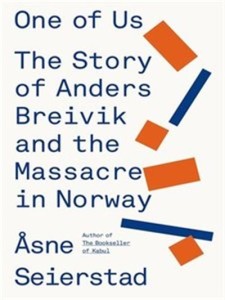The Indoctrination Game, Part 1: Constructing Alan Turing as Jewish Proxy
The Imitation Game is a 2014 historical thriller film based on the biography Alan Turing: The Enigma by the mathematician and gay rights activist Andrew Hodges. It stars Benedict Cumberbatch as the British cryptanalyst Alan Turing, who, working with a team of experts at the country estate Bletchley Park, devises a machine that, after much trial and error (and official interference) cracks the Germans’ notoriously difficult Enigma communications code. This breakthrough turns the tide of World War II and hastens Germany’s defeat. Turing is later prosecuted by a British court for his homosexuality and commits suicide as a result of the hormone treatment he is forced to endure.
The film was a huge commercial success (grossing $219 million against a $14 million production budget), received many award nominations, and won an Oscar for Best Adapted Screenplay. However, while The Imitation Game was critically acclaimed, it was also slated for its many historical inaccuracies. Largely neglected in all the commentary about the Weinstein Company’s historical drama is the Jewish ethno-political agenda that runs through the film.
One Jewish source notes that, despite Benedict Cumberbatch being “so gentile it’s almost shocking,” the film has “significant Jewish angles” while being about “a non-Jewish mathematical genius from Cambridge University, Alan Turing, and his efforts to crack Nazi codes in the bucolic British countryside.” It admits that, given the Jewish domination of Hollywood, “perhaps it’s not shocking that the film’s producers are Jews (the clues are there in ‘film’ and ‘producers’)”—these producers being Ido Ostrowsky, Nora Grossman, and Teddy Schwarzman (the son of billionaire Jewish financier Stephen Schwarzman) who “were drawn to Turing’s story as a tale of a brilliant outsider forced to work with others to win the war against German evil.” Ah, the venerable heroic Jew as outsider theme. Read more


 A Brief Review of: Asne Seierstad,
A Brief Review of: Asne Seierstad, 


